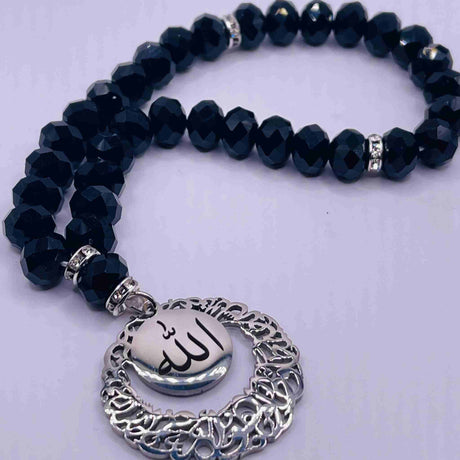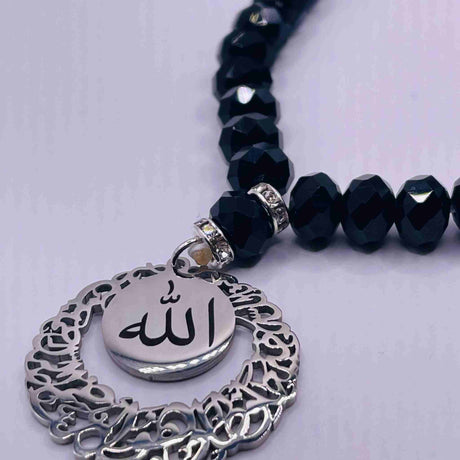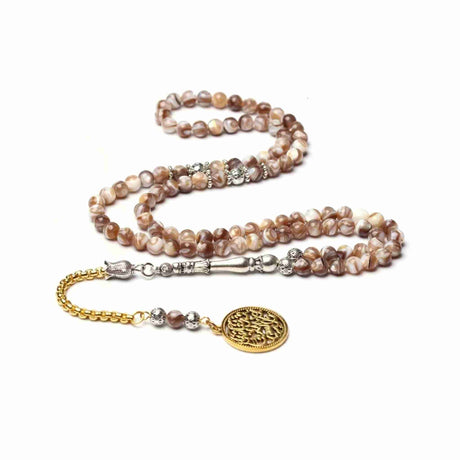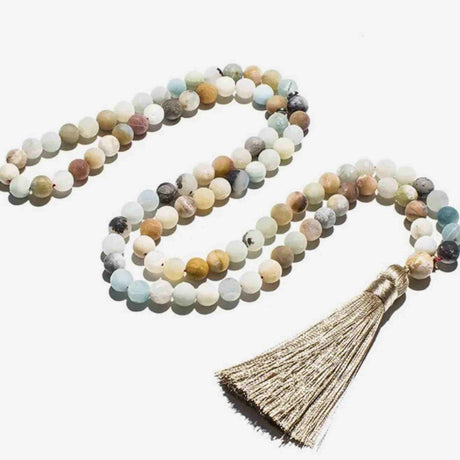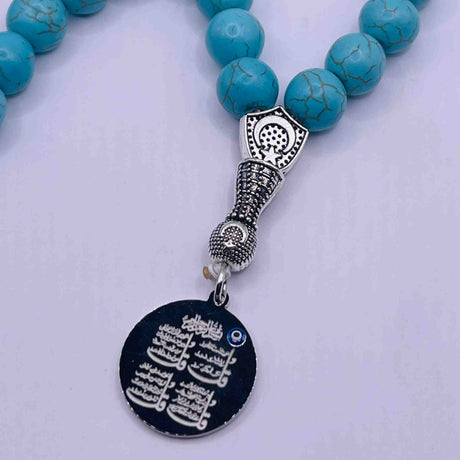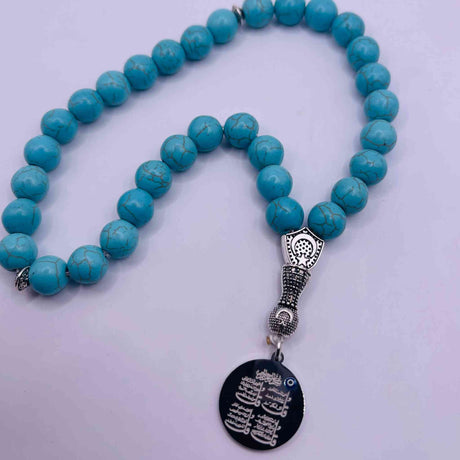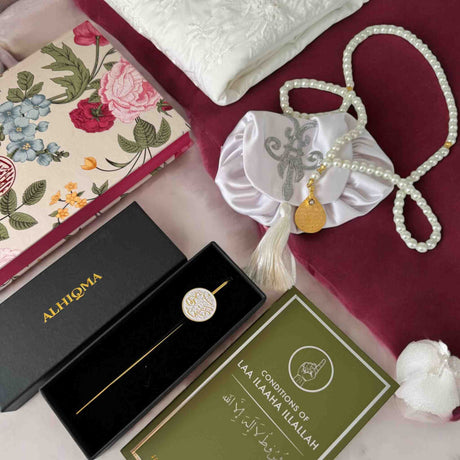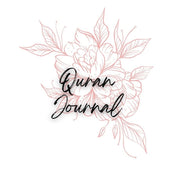Key Takeaways:
- Importance of Dhikr: Dhikr after prayer is a recommended practice to express gratitude, seek forgiveness, and strengthen one's bond with Allah.
- Following the Sunnah: The Prophet Muhammad (PBUH) emphasized the importance of dhikr after Salah, providing specific phrases to recite.
- Simple Steps: Dhikr after prayer can be easily incorporated into one's routine with a few simple steps, starting with seeking forgiveness and affirming Allah's oneness.
After performing the obligatory prayers, it is highly recommended to engage in tasbih (glorification of Allah), dhikr (remembrance of Allah), takbir (proclamation of the greatness of Allah), and istighfar (seeking forgiveness from Allah). It is not recommended to leave immediately after the prayer without performing tasbih, dhikr, and dua (supplication).
To follow the advice of Prophet Muhammad (peace be upon him), here are the simple steps to practice dhikr after prayers:
-
Start with Istighfar: Begin the dhikr after salah by saying the following phrase three times:
Arabic: أَسْتَغْفِرُ اللَّهَ الْعَظِيمَ الَّذِي لَا إِلَهَ إِلَّا هُوَ الْحَيُّ الْقَيُّومُ وَأَتُوبُ إِلَيْهِ
Transliteration: Astagfirullah al-ʿAzim alladhi laa ilaha illa huwa al-Hayy al-Qayyum wa atubu ilayh.
Meaning: "I ask forgiveness from Allah, the Almighty God. There is no God but Allah. He is the Ever-Living, the Sustainer of all existence, and I ask His forgiveness." -
Next, continue with the following dhikr phrase three or ten times:
Arabic: لَا إِلَهَ إِلَّا اللَّهُ وَحْدَهُ لَا شَرِيكَ لَهُ، لَهُ الْمُلْكُ وَلَهُ الْحَمْدُ يُحْيِي وَيُمِيتُ وَهُوَ عَلَى كُلِّ شَيْءٍ قَدِيرٌ
Transliteration: Laa ilaha illallah wahdahu la sharika lah, lahul mulk wa lahul hamd, yuhyi wa yumitu wa huwa ala kulli shay'in qadir.
Meaning: "There is no god but Allah, the One True God. He has no partner. To Him belongs the dominion, and all praise belongs to Him. He gives life and causes death, and He is capable of all things." -
Continue with the following phrase Three or Seven times:
Arabic: اللَّهُمَّ أَجِرْنَا مِنَ النَّارِ Transliteration: Allahumma ajirna minannār. Meaning: "O Allah, keep us away from the torment of Hell."
Enhance Your Spiritual Practice:
Explore our collection of Islamic prayer beads, mats, and other tools to enrich your daily worship and dhikr.
Continue Your Journey of Remembrance:
Learn more about the importance of dhikr and other Islamic practices through our comprehensive blog series.
Frequently Asked Questions:
Q: Is dhikr after prayer mandatory in Islam?
A: Dhikr after prayer is not obligatory, but it is a highly recommended Sunnah (practice of the Prophet ﷺ) with numerous spiritual benefits.
Q: What are the benefits of reciting dhikr after prayer?
A: Dhikr after prayer can increase focus and concentration during prayer, strengthen one's relationship with Allah (SWT), calm the mind and heart, and bring peace and tranquility.
Q: Are there specific times when reciting dhikr is more beneficial?
A: While dhikr can be recited at any time, it is especially recommended after prayer, as this is a time when the heart is most receptive to spiritual guidance.
Q: Can I personalize my dhikr after prayer?
A: Yes, while the recommended phrases are beneficial, you can also add personal supplications and Quranic verses that resonate with you.
Q: Can I recite dhikr silently or should it be audible?
A: Both silent and audible dhikr are permissible. Choose the method that helps you focus and connect with Allah (SWT) most effectively.






